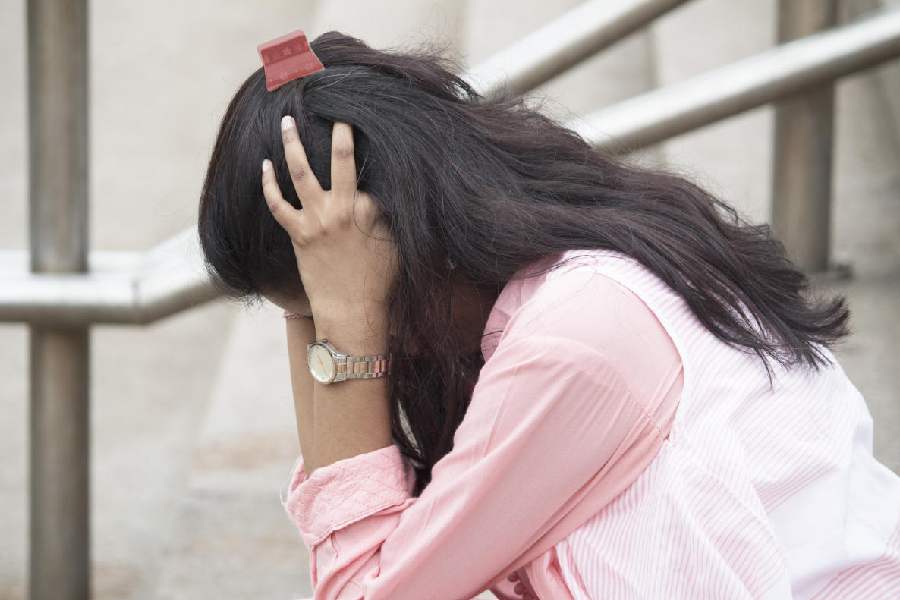Public health experts on Monday called on policymakers to acknowledge the impacts of social risk factors driving India’s unusually high rates of suicide and not treat attempts at self-harm as merely a mental health issue.
While clinical treatment services through emergency helplines and medical intervention are critical for people in suicidal crisis, upstream measures that address social factors must also be included in national suicide prevention strategies to prevent people from reaching crisis point, the experts have said.
Their call to broaden the scope of suicide prevention strategies comes amid long-standing concerns that suicide rates in India are higher than the global average. A 2018 study estimated over 2,30,000 suicide deaths in India during 2016, with India’s contribution to global suicide deaths increasing from around 25 per cent in 1990 to 36 per cent in 2016.
The study also suggested that suicide is the leading cause of death among the young with 71 per cent of suicide deaths among women and 58 per cent among men occurring in those aged between 15 and 39 years, amplifying concerns about possible factors underlying these patterns.
An international panel of experts has now cautioned that tackling suicide from a broad public health perspective is “now more important than ever,” citing what they have described as “consensus among economists” that the world is entering into a new economic recession.
“We need to think critically about the broad, pervasive social determinants of suicide and how these arise, are perpetuated, and can be countered,” the five-member panel wrote in a paper in The Lancet Public Health, a medical journal.
The Union health ministry had released a national suicide prevention strategy in 2022 which, the panel members said, is largely focussed on efforts to curb suicides through mental health interventions.
“The strategy falls short of addressing primary stressors,” said Rakhi Dandona, professor of public health at the Public Health Foundation of India, New Delhi, a co-author of the new paper.
“Mental health support is needed for those who may be suicidal because of mental health conditions, but it is not the solution for others who are suicidal because of debt or domestic violence or other factors,” Dandona told The Telegraph.
Dandona and her colleagues have in their paper expressed concern that suicide prevention has been viewed primarily as a mental health issue and proposed solutions have tried to address access to and quality of mental health services for people in suicide crisis.
Anecdotal accounts from across the country point to people, including students and other young adults, taking their lives under stressful situations triggered by myriad factors — education, workplace and finance, among other issues relating to life conditions.
“We need to broaden our narrative to include a public health approach that will
also include mental health,” Dandona said.
Mpox confirmed
A lab test has confirmed the presence of mpox in a young male patient in India and
revealed it to be clade 2, which is not part of the current public health emergency
declared by the World Health Organisation.
The health ministry said on Monday that the patient is stable without any systemic illness and that this case is an isolated case similar to the 30 earlier cases in India since July 2022.











